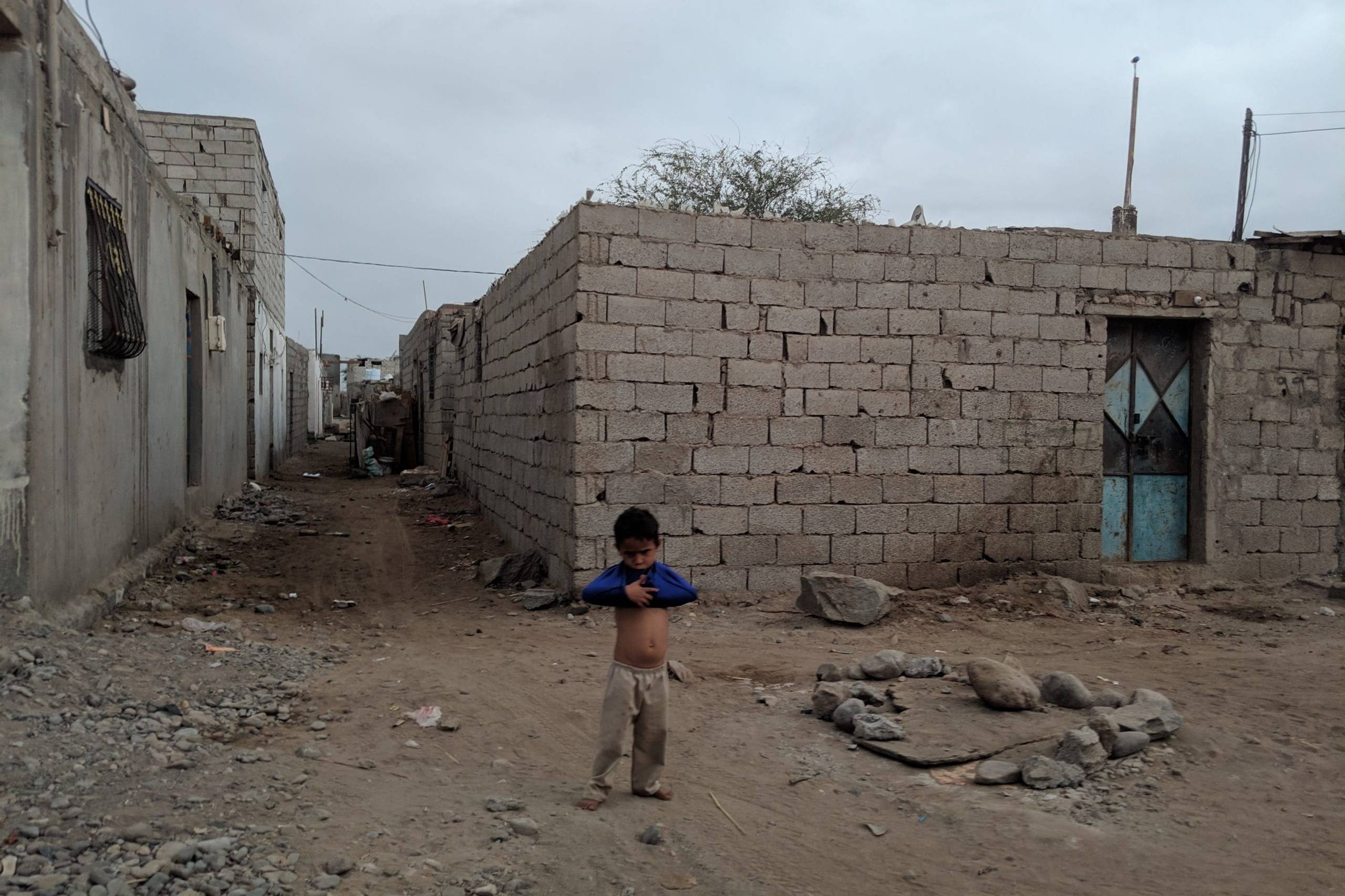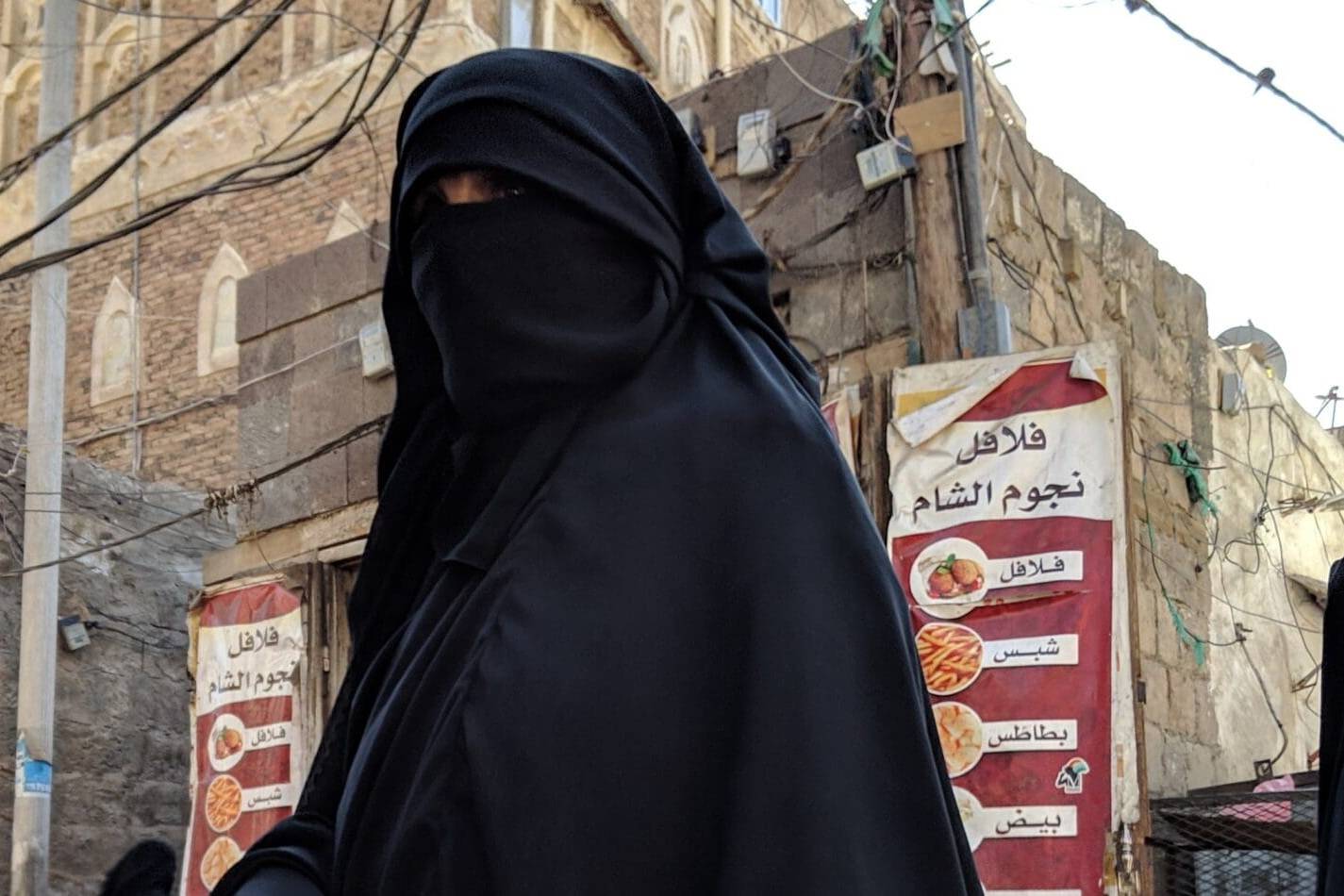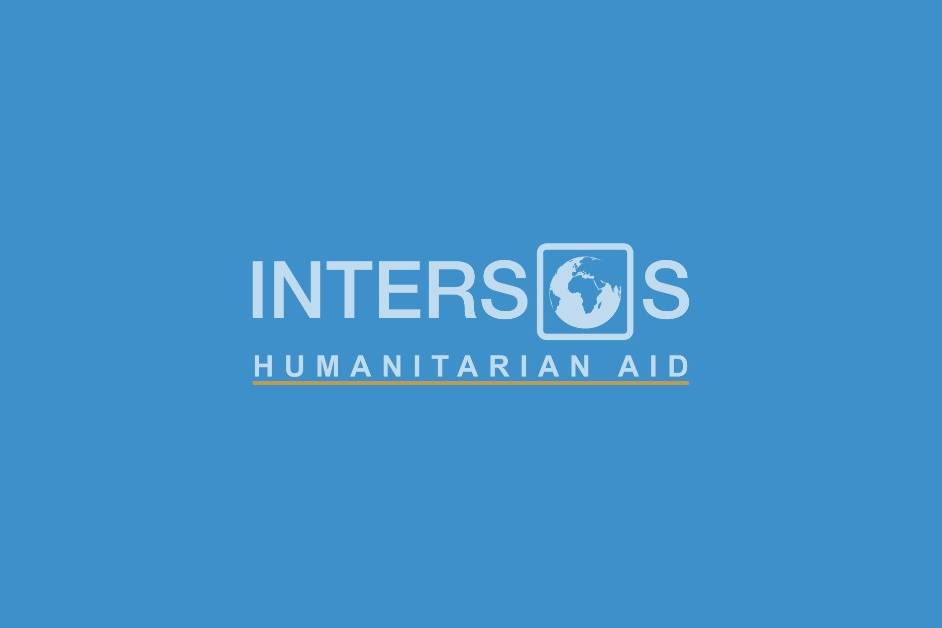Yemen


2008
First intervention
207.200
People reached
22
Projects
12.921.123€
Budget spent
Context
Yemen remains one of the largest humanitarian crises in the world. In 2024, more than 18.2 million people, more than half of the population, require humanitarian assistance. Since the last months of 2023, the crisis has been further complicated by the hostilities in the Red Sea and their impact on aid through the ports of Hodeida and Aden.
On 2nd April 2022, the warring parties agreed to a UN-mediated truce, which expired on 2nd October the same year. Despite the non-extension of the truce, large-scale conflict has not resumed. The current conflict is characterised by tribal, ethnic, political, and religious fragmentation.
Yemen is also a transit country on the East African migration route to Saudi Arabia and other neighbouring countries, with around 308,000 undocumented migrants and 72,000 refugees and asylum seekers registered in 2023.
SECTORS OF INTERVENTION
INTERSOS’ intervention
In 2023, we assisted people – including the most vulnerable groups, IDPs, refugees and migrants – in both the North and the South of the country, providing an integrated, multi-sectoral humanitarian response to help the population to cope with the immediate and long-term effects of war and climate change, including malnutrition, drought, and difficulties in accessing basic services.
INTERSOS has worked to protect the rights and well-being of individuals by providing legal assistance, psychosocial support and child protection services. We also provide emergency shelter and basic necessities to people affected by conflict or natural disasters.
We improved access to basic health services and nutrition for malnourished children and pregnant women through mobile health clinics, immunisation campaigns and nutrition education programmes.
We support the resilience of communities by improving their ability to secure food and create sustainable livelihoods. Activities included agricultural training, livestock distribution, and cash assistance to purchase food. We have also worked to ensure access to safe water, improve sanitation facilities, and promote hygiene practices to prevent disease outbreaks through the construction of water points and latrines and the distribution of hygiene kits.
Finally, we focused on access to education for children affected by emergencies by setting up temporary learning spaces and training teachers.













